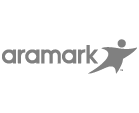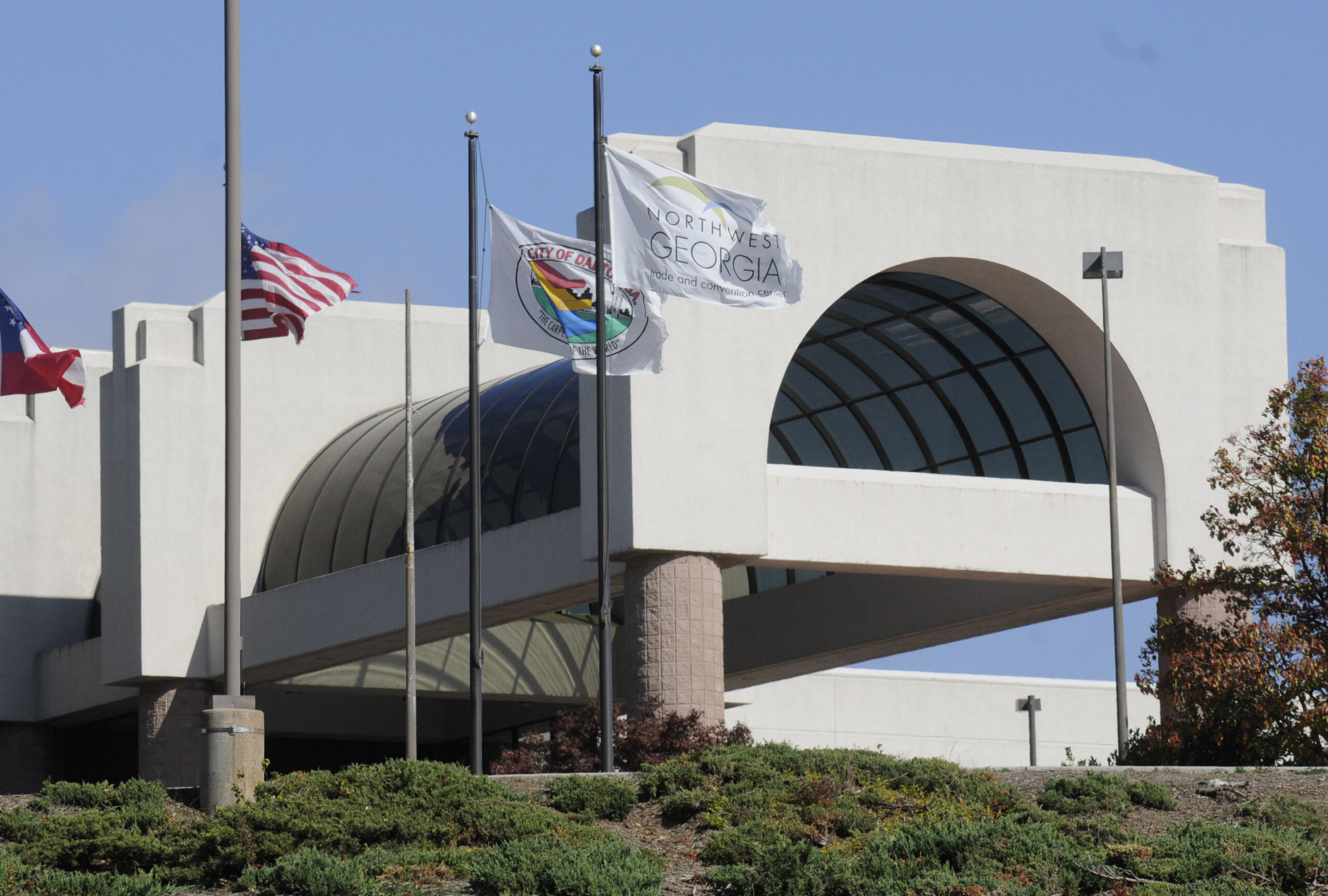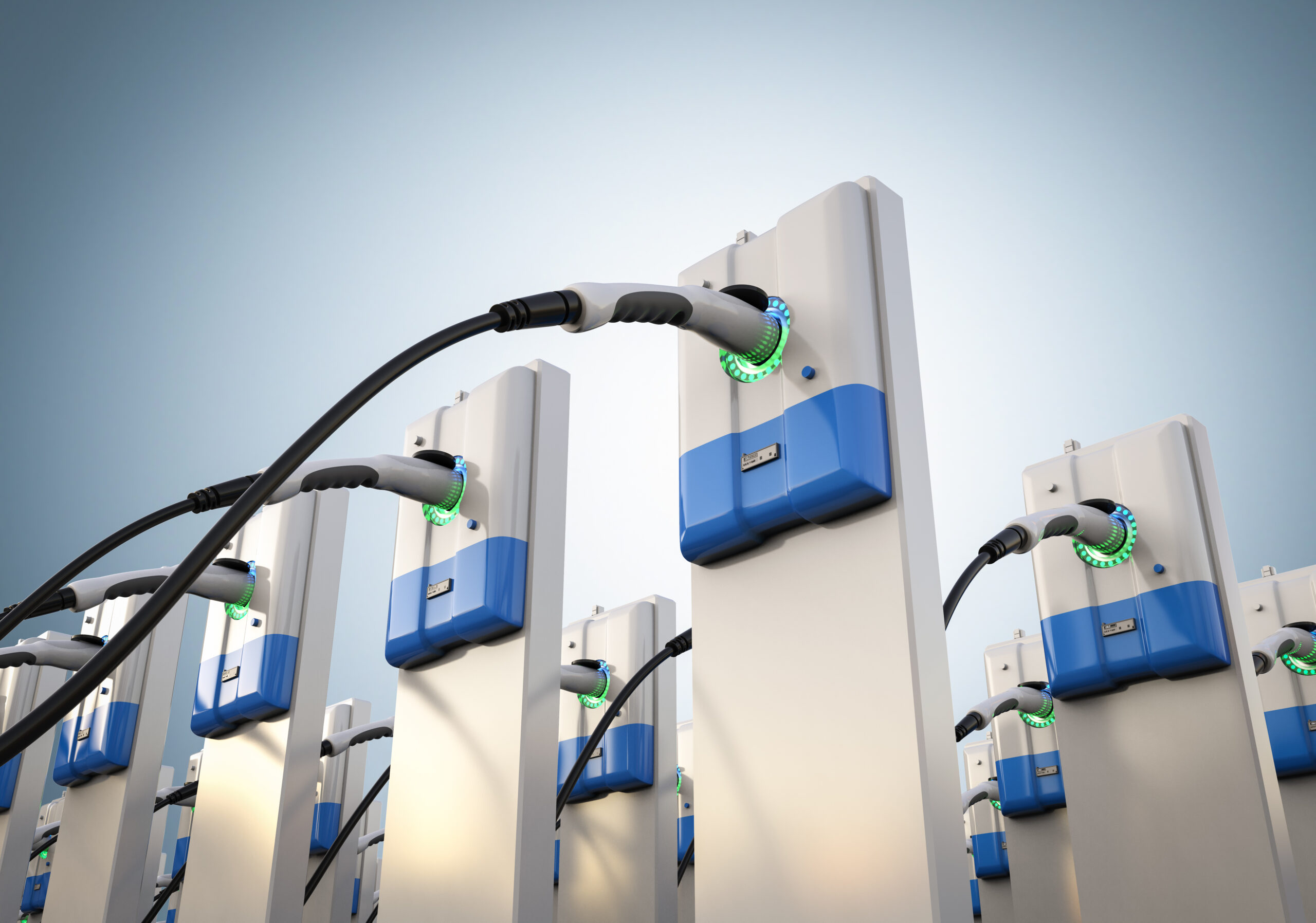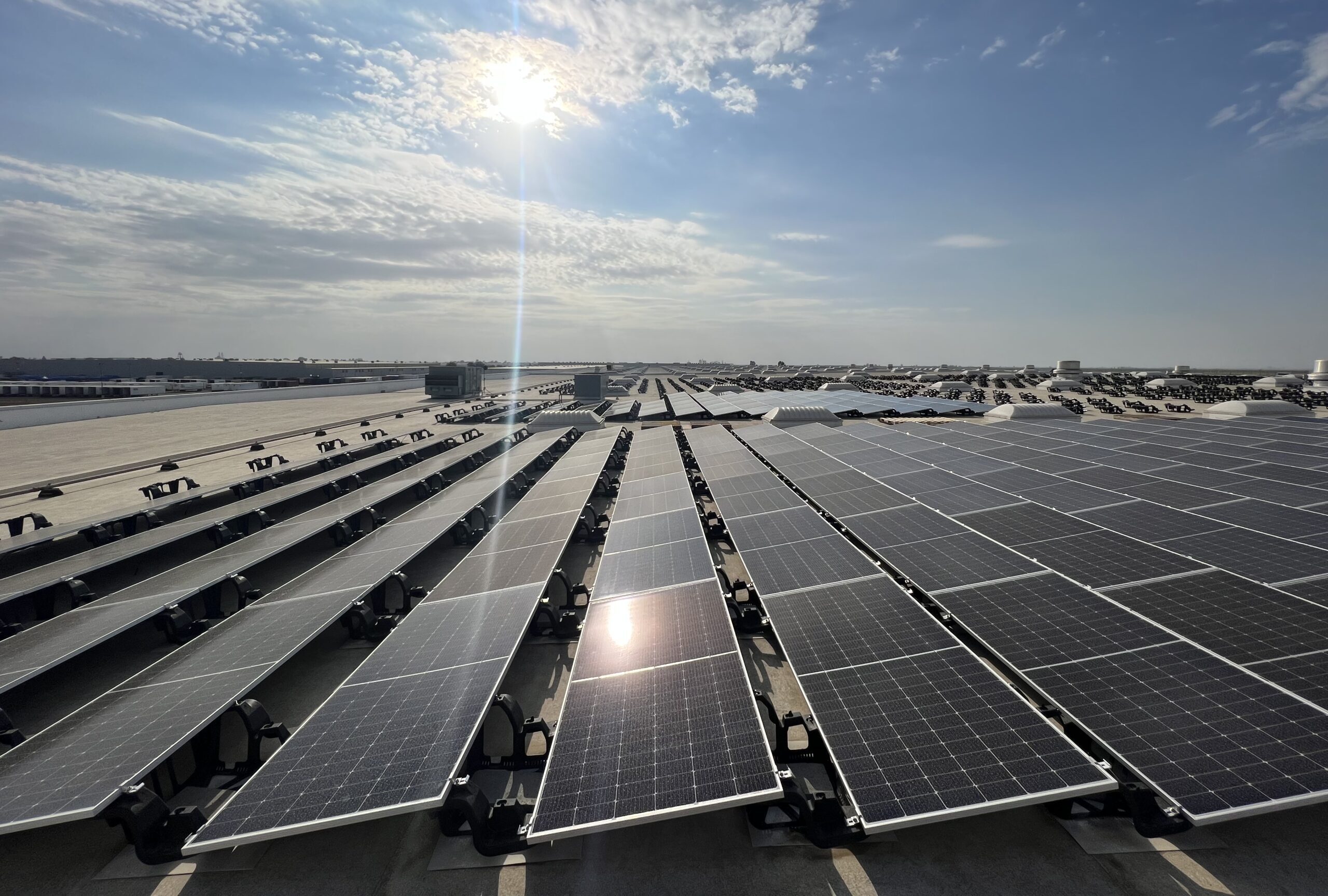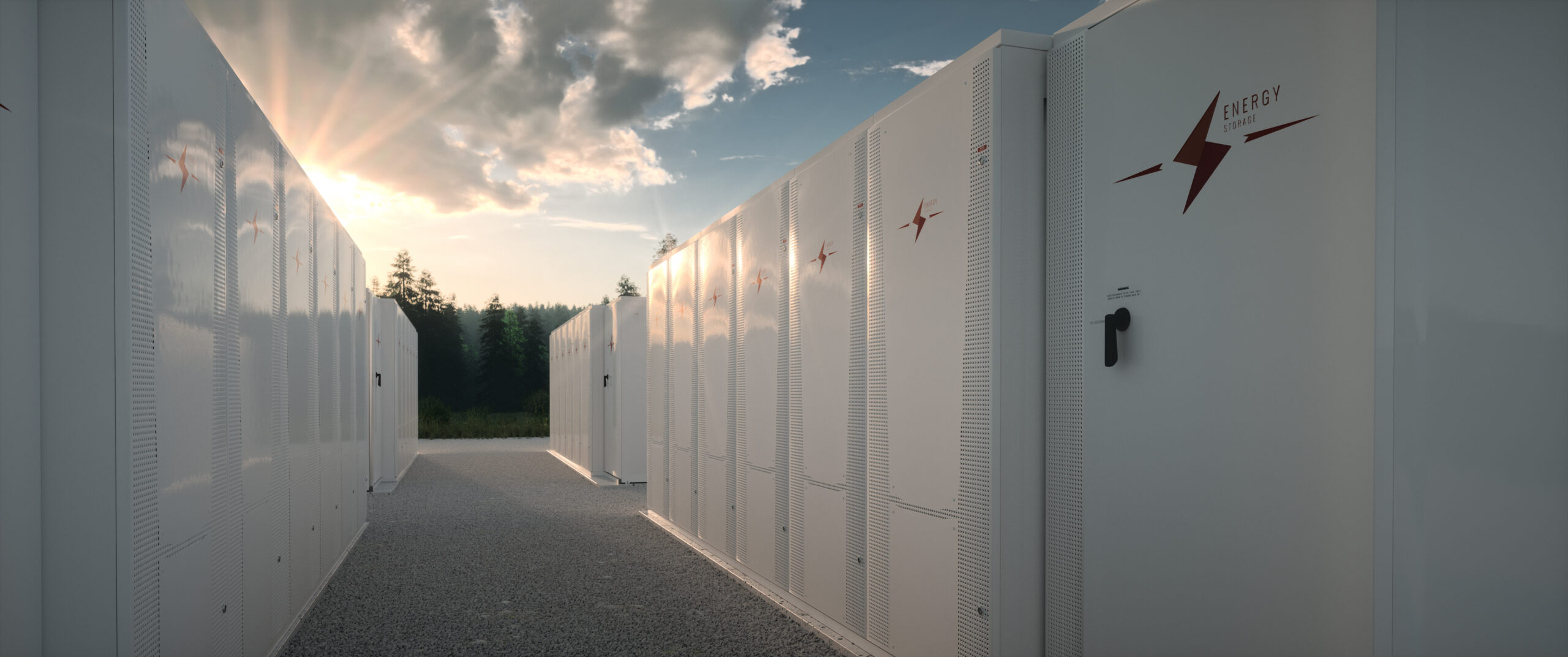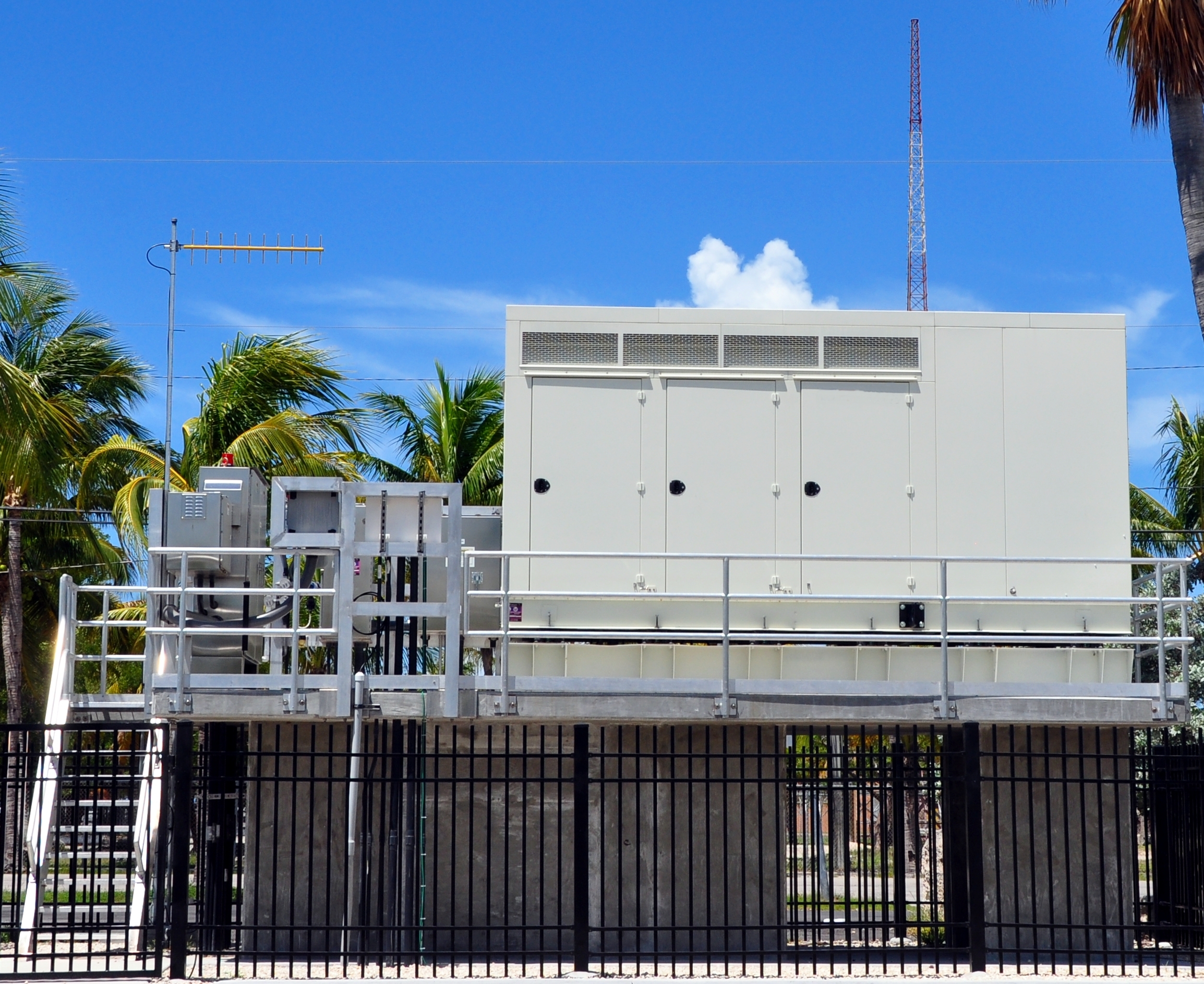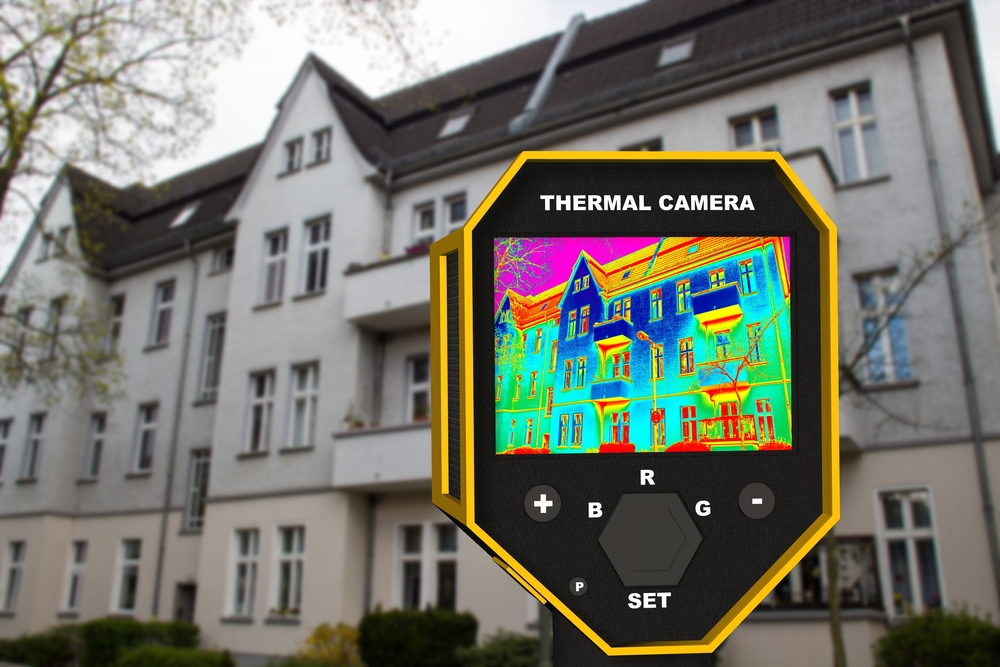Energy Solutions for Hospitality
Industry Experience
Avg Energy Saved per Year kWh
Total Energy Costs Saved*
Facilities Upgraded
EPC Contractor for Hospitality
We partner with the hospitality industry on both single and multi-site, chain locations throughout the country to achieve significant energy and cost savings. Businesses benefit from lower energy bills, a reduced carbon footprint, more reliable operations, and an improved customer and employee experience. We can also partner to integrate additional sustainable energy systems such as solar pv and EV charging stations into your energy savings goals.
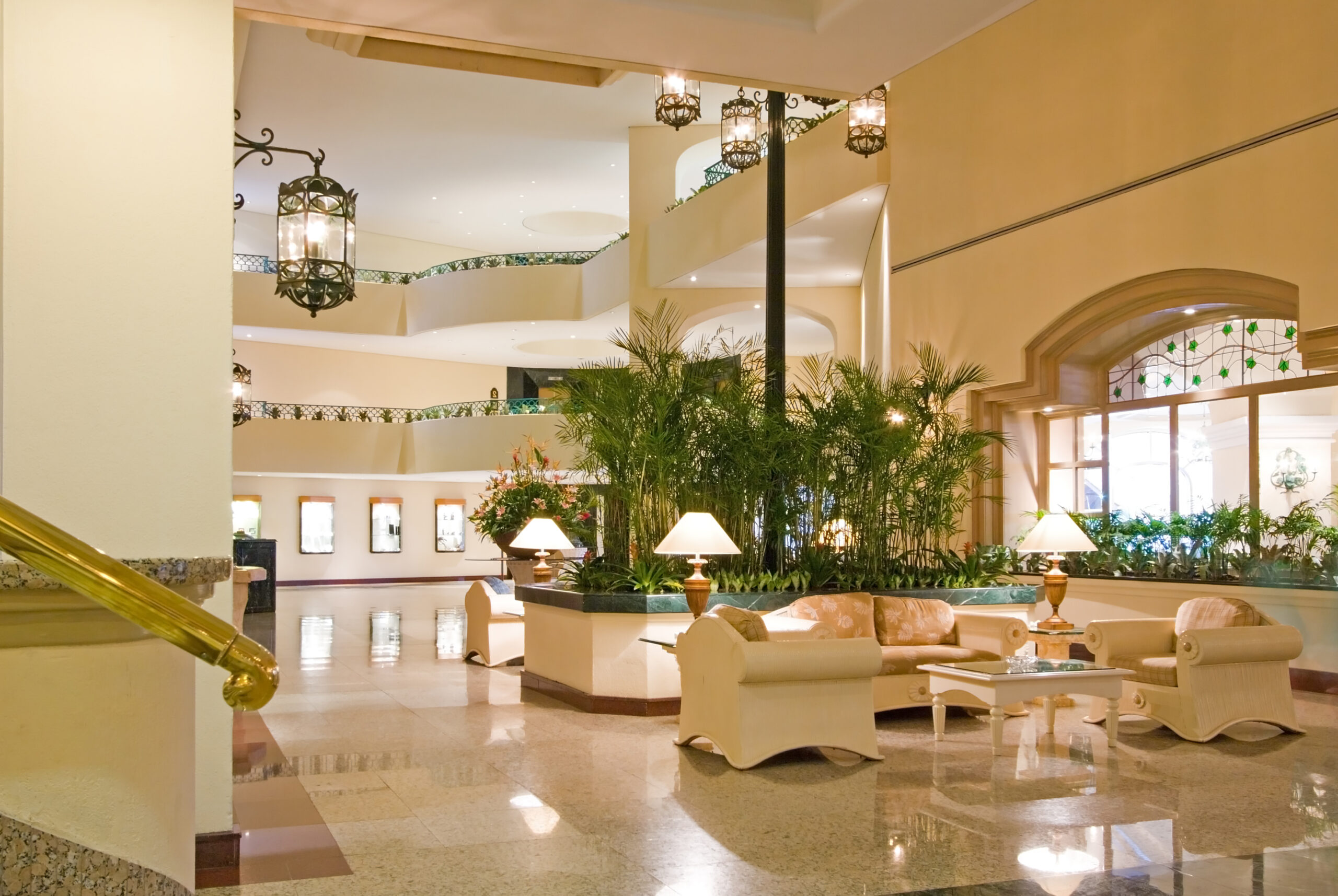
Integrated Energy Service Solutions
Commercial Lighting Retrofits
Upgrade your commercial lighting environment to improve energy efficiency and reduce costs with our expert lighting retrofit services. Our nationwide, credentialed lighting practitioners and lighting contractors will provide a comprehensive approach to identify the unique needs of your business, from LED lighting to lighting controls, and manage the project design and installation.
Learn moreSolar PV
Reduce and optimize energy consumption by integrating sustainable and renewable energy system solutions, such as solar PV. We offer industry-leading EPC services to manage your solar project from design, to incentives, to installation, helping you maximize savings that can be reinvested back into the core of your business.
learn moreCommercial Electric Vehicle Charging Station
With 30 years of experience as a turnkey engineering firm and electrical contractor, our capabilities extend to designing and installing electrical vehicle (EV) infrastructure for your corporate facility and fleet location(s).
Learn MoreCommercial Building Envelope
Maximize your energy savings and improve the Environmental Visual Quality (EVQ) of your facility by optimizing the building envelope. We provide superior services such as inspections, infrared testing, air flow analysis, and building and operating system design.
learn moreBattery Energy Storage Systems
Battery Energy Storage Systems (BESS) help you minimize disruptions to your business caused by fluctuations in energy supply/demand and costs associated with electricity outages. We provide Turnkey EPC services to manage the integration of energy security with BESS technology.
learn moreCommercial & Industrial Standby Generators
Anticipate, adapt, and rapidly recover from disruptive incidents associated with electricity outages by integrating standby generator solutions into your power management portfolio. We provide Turnkey EPC services to help you manage the integration of these energy resiliency measures with standby generator solutions.
learn moreWhat You Can Expect With Our Turnkey Project Management
Prioritize Your Goals
From beginning to end, our team prioritizes your goals with customized solutions to maximize energy and cost savings.
Integrated Energy Services Partner
From energy efficiency to sustainable energy systems and resiliency, Eco Engineering is the nationwide EPC partner you can trust to design, engineer, and manage your turnkey projects from concept through installation.
Single Point of Contact
Over the past 30 years we have developed a proven, consistent and unified process for centralized project management with comprehensive, real-time reporting and flexible approaches to implementation.
Single & Multi-Site Programs
Nationwide crews that deliver reliable, consistent and high-quality project management from one project to the next with access to our comprehensive, exclusive method to provide real-time reporting throughout the entire project.
Design & Engineering
Our team works with companies large and small to design, engineer and install integrated energy service projects with annual energy savings and financial analysis.
Engineer-led Facility Audits
Our industry leading audit strategy is to optimize light levels and increase quantifiable energy savings. Our process includes investment grade audits (IGAs) using, SnapCount, a state of the art software, with precise results and turnkey “no change order” quality assurance.
Measurement & Verification
Our measurement and verification (M&V) process gathers energy consumption data to quantify and verify guidelines in the area of IPMVP (International Performance Measurement and Verification Protocol) and includes Baseline Measurements, Post Installation Measurements, and before/after pictures.
Manufacturer Neutral
For over 30 years we have been manufacturer neutral to provide unbiased insight, material standardization, and seamless turnkey implementation to maximize procurement and customer benefits.
Incentives Management
We offer an analysis and administration of local, federal, and utility incentives and rebate programs.
On-Time Project Deliverables
Our nationwide crews deliver projects on-time, within scope, and on budget – with delighted customers.
High-quality results you can expect when partnering with us…
Proud To Partner With Our Customers And Contribute To Global Sustainability

